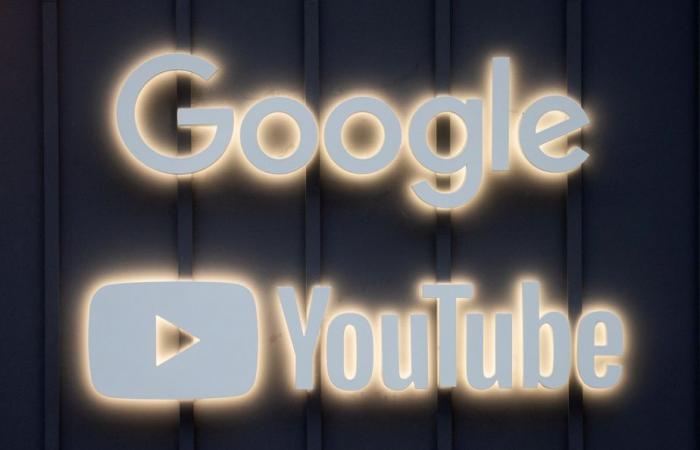(Paris) A YouTuber cited more than traditional newspapers: the 2024 edition of a global reference report on the media confirms on Monday the explosion of video as a source of information among young people.
Posted at 7:24 a.m.
“Video is becoming an even more important source of online information, particularly among young people,” underlines the report from the Reuters Institute for the Study of Journalism, attached to the English University of Oxford.
Published on Monday, the annual document on digital information is based on online surveys conducted by the company YouGov among 95,000 people in 47 countries.
Building on the momentum of recent years, it shows that two thirds of respondents worldwide watch at least one short video (a few minutes) on a news topic every week.
Problem for traditional media: almost three quarters (72%) of this video consumption takes place on social platforms and networks, compared to only 22% on their sites, which raises questions about their ability to earn money.
Like last year, we observe a dichotomy between the networks.
On Facebook and X, with an aging audience, traditional media continue to be dominant, even if these networks tend to give less and less space to information.
But on TikTok, Instagram, Snapchat and YouTube, for younger audiences, information is sought from content creators and influencers more than from traditional media and journalists.
The report particularly highlights the case of Frenchman Hugo Décrypte (nickname of Hugo Travers, 27), whose media brand employs 25 people.
“With 2.6 million subscribers on his YouTube channel and 5.7 million on TikTok, he has become a major source of information for young French people,” notes the report.
“In our survey, it was cited more than The world, Le Figaro And Release gathered”, continues the study, emphasizing that Hugo Décrypte subscribers “are 27 years old on average, or around 20 years younger than the audience of many information brands”.
The study cites similar cases in other countries, such as the British Jack Kelly or the American Vitus Spehar.
“Consumers are embracing video because it is easy to access and offers a wide variety of content. But many traditional media remain anchored in a text culture and are struggling to adapt,” comments lead author Nic Newman.






